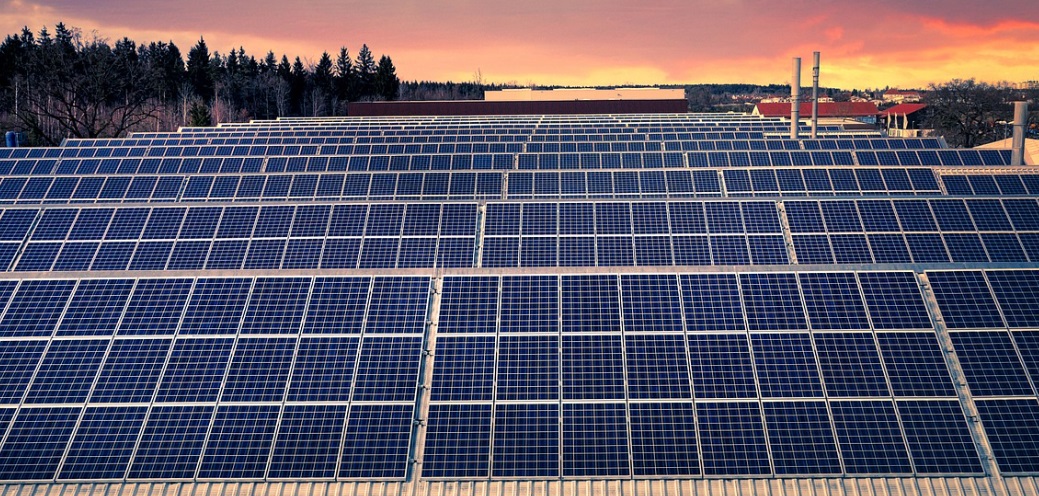
(Photo : Pixabay)
Representational Image
Regional conflicts and geopolitical tensions are highlighting significant fragilities in modern-day global energy systems, while also emphasizing the necessityof stronger policies and greater investments to accelerate transition towards renewable sources, according to an analysis.
In its latest report, the International Energy Agency said that geopolitical tensions and fragmentation happening in multiple parts of the world are creating major risks both for energy security and for global action on reducing greenhouse gas emissions.
"In the second half of this decade, the prospect of more ample - or even surplus - supplies of oil and natural gas, depending on how geopolitical tensions evolve, would move us into a very different energy world from the one we have experienced in recent years during the global energy crisis," said Fatih Birol, executive director of IEA.
He added: "It implies downward pressure on prices, providing some relief for consumers that have been hit hard by price spikes. The breathing space from fuel price pressures can provide policymakers with room to focus on stepping up investments in clean energy transitions and removing inefficient fossil fuel subsidies. This means government policies and consumer choices will have huge consequences for the future of the energy sector and for tackling climate change."
The Rise in Renewables
The energy think tank added that that low-emissions sources are set to generate more than half of the world's electricity before 2030 - and demand for all three fossil fuels - coal, oil and gas - is still projected to peak by the end of the decade.
IEA further pointed out that clean energy is entering the energy system at an unprecedented rate, but deployment varies from market to market.
The report from IEA comes at a time when India's Central Electricity Authority revealed that the country's total renewable capacity crossed 200 gigawatts as of October 01, 2024.
CEA added that India's renewable energy-based electricity generation capacity currently stands at 201.45GW, accounting for 46.3 percent of the nation's total installed capacity.
In its report, IEA said that Asian giant China is progressing in all sectors of energy generation.
"Whether it's investment, fossil fuel demand, electricity consumption, deployment of renewables, the market for EVs, or clean technology manufacturing, we are now in a world where almost every energy story is essentially a China story," said Birol.
He added: "China's solar expansion is now proceeding at such a rate that, by the early 2030s - less than ten years from now - China's solar power generation alone could exceed the total electricity demand of the United States today."
The Need for Accelerated Investments
According to IEA, greater investment in new energy systems, especially in electricity grids and energy storage, are necessary to continue the progress of energy transition.
Secure decarbonisation of the electricity sector requires investment in grids and storage to increase even more quickly than clean generation, and the investment ratio to rebalance to 1:1.
"Despite growing momentum behind clean energy transitions, the world is still a long way from a trajectory aligned with its net zero goals. Decisions by governments, investors and consumers too often entrench the flaws in today's energy system, rather than pushing it towards a cleaner and safer path," concluded IEA.









